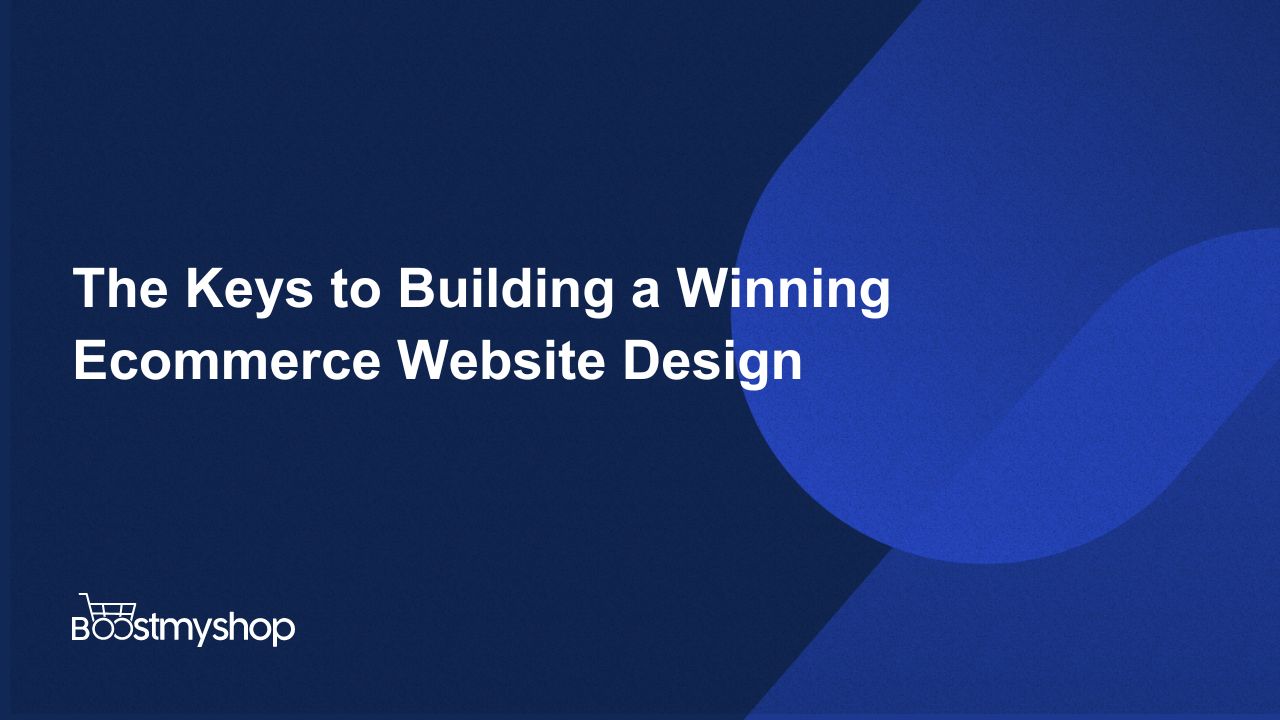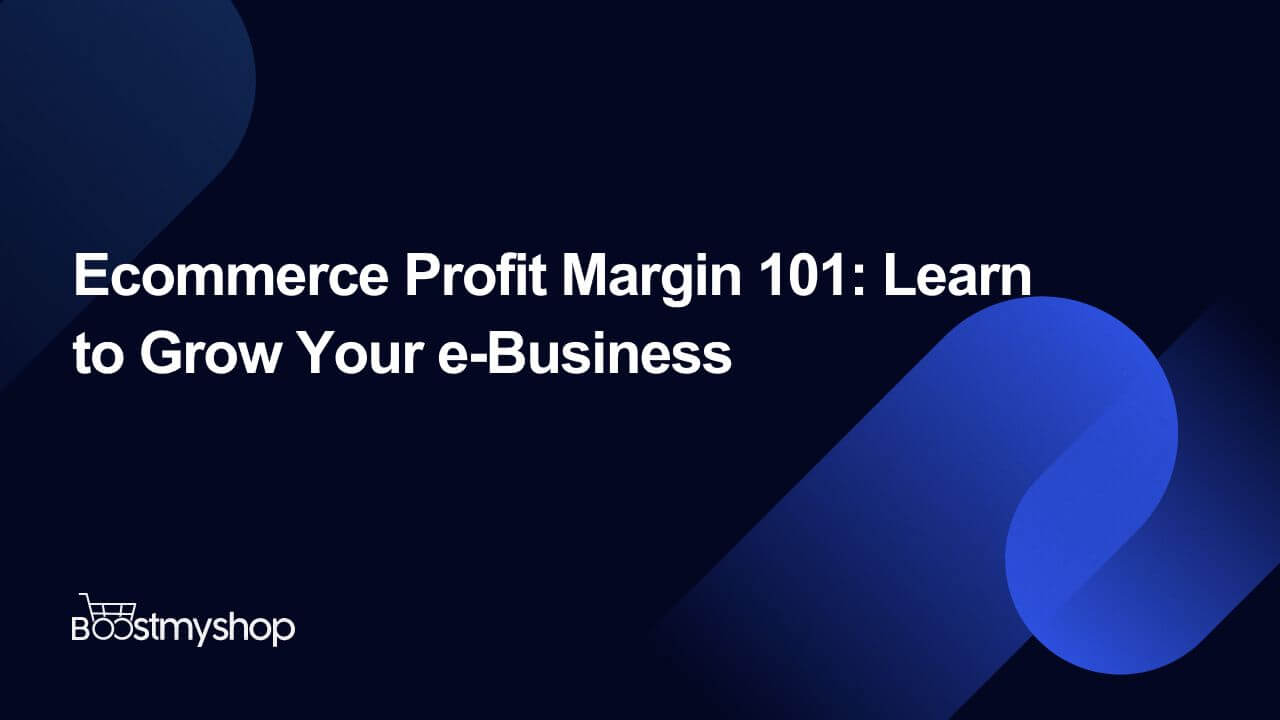7 Basic Ideas to Grow Ecommerce Business
Introduction
In today’s digital age, the ecommerce industry is booming. With the convenience of online shopping, more and more entrepreneurs are venturing into the world of ecommerce. However, growing a successful ecommerce business is not without its challenges. To stand out in a crowded marketplace and maximize your sales, you need to adopt innovative concepts and ideas that can give your online store a competitive edge. In this article, we will explore seven powerful concepts and ideas to help you grow your ecommerce business and achieve long-term success.
1. Optimize Your Website for a Seamless User Experience
Your website serves as the virtual storefront of your ecommerce business. It is essential to provide visitors with a seamless user experience to keep them engaged and encourage conversions. Here are a few key strategies to optimize your website aiming to grow ecommerce business:
Enhance Website Speed and Performance
A slow-loading website can be frustrating for visitors and may lead to a higher bounce rate. Improve your website’s speed and performance by:
- Compressing images and optimizing file sizes
- Minifying CSS and JavaScript files
- Enabling browser caching
- Investing in a reliable web hosting service
Implement Responsive Design
With the increasing use of mobile devices for online shopping, it is crucial to ensure that your website is mobile-friendly. Responsive design allows your site to adapt to different screen sizes and provide a seamless browsing experience for mobile users.
Streamline Navigation and Checkout Process
Simplify your website’s navigation and checkout process to minimize friction for your customers. Use clear and intuitive menu structures, provide prominent search functionality, and offer a smooth and secure checkout experience.
2. Develop a Strong Brand Identity
In a competitive ecommerce landscape, a strong brand identity can differentiate your business from the rest. Building a brand that resonates with your target audience can foster trust, loyalty, and repeat purchases. Consider the following strategies to grow ecommerce business:
Define Your Brand’s Unique Value Proposition
Identify what sets your ecommerce business apart from competitors and emphasize it in your messaging. Your unique value proposition should clearly communicate the benefits and value customers can expect when shopping with you.
Craft Compelling Brand Storytelling
Humans are wired for storytelling. Use narratives and compelling storytelling techniques to connect with your audience on an emotional level. Share your brand’s journey, mission, and values to build a deeper connection with your customers.
Consistent Branding Across Channels
Maintain consistent branding across all touchpoints, including your website, social media profiles, packaging, and customer communications. A cohesive brand identity reinforces recognition and builds trust with your audience.
3. Leverage Social Media Marketing to Grow Ecommerce Business
Social media platforms offer immense opportunities for ecommerce businesses to connect with their target audience, build brand awareness, and drive traffic to their online stores. Consider the following social media strategies:
Identify the Right Platforms for Your Audience
Not all social media platforms are created equal. Research and identify the platforms where your target audience is most active. Whether it’s Facebook,
Instagram, LinkedIn, or TikTok, focus your efforts on the platforms that will yield the best results for your business.
Create Engaging and Shareable Content
To capture your audience’s attention on social media, create content that is informative, entertaining, and visually appealing. Utilize high-quality images, videos, and infographics to stand out from the crowd and encourage sharing.
Build a Community and Foster Engagement
Engage with your social media followers by responding to comments, asking questions, and running interactive campaigns. Building a community around your brand can lead to loyal customers who advocate for your business.
4. Personalize the Customer Experience
In the age of customization, personalizing the customer experience is key to standing out from your competitors. Tailor your offerings to individual customer preferences and provide personalized recommendations and communications. Consider the following strategies:
Implement Dynamic Product Recommendations
Use customer data and browsing behavior to provide personalized product recommendations. Showcase related or complementary items to increase cross-selling and upselling opportunities.
Send Personalized Email Campaigns
Segment your email list based on customer preferences and behaviors to deliver targeted and relevant content. Personalized emails can improve open rates, and click-through rates, and ultimately drive conversions.
Offer Customization and Personalization Options
Allow customers to customize their purchases, whether it’s through monogramming, engraving, or choosing from a range of options. Providing personalized products creates a sense of exclusivity and enhances the overall customer experience.
5. Implement Influencer Marketing
Influencer marketing has become a powerful strategy for ecommerce businesses to reach their target audience and build trust. Leveraging the influence of relevant influencers can significantly impact your brand’s visibility and credibility. Consider the following influencer marketing tactics:
Identify Relevant Influencers in Your Niche
Research and identify influencers who align with your brand and have a genuine connection with your target audience. Look for influencers with engaged followers and a track record of promoting products or services similar to yours.
Build Authentic Relationships with Influencers
Approach influencer partnerships as long-term relationships rather than one-off transactions. Nurture genuine connections with influencers by engaging with their content, providing value, and collaborating on creative campaigns.
Track and Measure Influencer Campaign Performance
Set clear goals and key performance indicators (KPIs) for your influencer campaigns. Monitor metrics such as reach, engagement, and conversions to evaluate the success of your collaborations and make data-driven decisions.
6. Optimize Your Product Pages for Conversions
Your product pages play a crucial role in driving conversions. Optimizing these pages can significantly impact your ecommerce business’s growth. Consider the following strategies:
Craft Compelling Product Descriptions
Write product descriptions that highlight the unique features, benefits, and value of your products. Use persuasive language and focus on how your products can solve your customers’ problems or fulfill their desires.
Utilize High-Quality Product Images and Videos
Visual content is powerful in the ecommerce world. Invest in high-quality product images and videos that showcase your products from different angles and demonstrate how they can be used or worn.
Display Trust Signals and Customer Reviews
Build trust with potential customers by displaying trust signals such as secure payment icons, return policies, and customer reviews. Positive reviews and social proof can significantly influence purchase decisions.
7. Monitor Analytics and Iterate
To grow your ecommerce business, it’s essential to monitor and analyze your website and marketing performance continuously. By tracking key metrics and making data-driven decisions, you can refine your strategies and optimize your efforts for better results. Consider the following:
Set Up Website Analytics
Implement a robust analytics platform like Google Analytics to track website traffic, user behavior, and conversion rates. Analyze data regularly to identify areas for improvement and make informed decisions.
A/B Test Marketing Campaigns
Experiment with different marketing strategies, messaging, and visuals through A/B testing. By comparing the performance of different variations, you can determine which approaches resonate best with your audience and optimize your campaigns accordingly.
Stay Up-to-Date with Industry Trends
The ecommerce landscape is constantly evolving. Stay informed about the latest industry trends, consumer behaviors, and technological advancements. Embrace new strategies and technologies that can give you a competitive advantage.
FAQs on How to Grow Ecommerce Business
How long does it take to grow ecommerce business from implementing these concepts and ideas?
The timeframe for seeing results can vary depending on various factors such as your industry, target audience, and the level of competition. However, with consistent effort and strategic implementation, you can start seeing improvements in your ecommerce business within a few months.
Do these concepts and ideas help to grow ecommerce businesses of all types?
Yes, the concepts and ideas discussed in this article can be applied to various types of ecommerce businesses, regardless of their industry or niche. The key is to adapt and tailor these strategies to fit your specific business and target audience.
Is it necessary to implement all these concepts and ideas at once to grow ecommerce business?
It is not necessary to implement all these concepts and ideas simultaneously. Start by identifying the areas where your ecommerce business can benefit the most and prioritize accordingly. Gradually implement and test different strategies to determine what works best for your business.
Conclusion
In the competitive world of ecommerce, growing your online business requires innovative concepts and ideas that set you apart from the crowd. By optimizing your website, developing a strong brand identity, leveraging social media marketing, personalizing the customer experience, implementing influencer marketing, optimizing product pages, and monitoring analytics, you can propel your ecommerce business to new heights. Embrace these concepts and ideas, adapt them to your unique business, and watch as your ecommerce business grows and flourishes in the digital landscape. So, are you ready to take the leap and grow your ecommerce business? It’s time to put these concepts and ideas into action and see your online store thrive!






